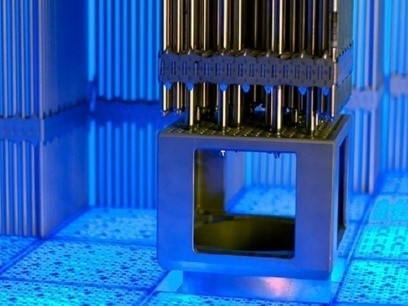The course is focusing on the thermal and thermodynamic processes in nuclear systems. Examples of the covered topics:
(1) transport equations of mass, momentum and energy,
(2) flow in pipes,
(3) mechanisms for heat transfer,
(4) convection, boiling and condensation,
(5) critical heat flux,
(6) laminar and turbulent flows,
(7) two-phase flows,
(8) critical flow,
(9) reaction forces.
The objective of the course is to provide an overview of the basic thermal processes that take place in nuclear systems. After successful completion of the course students will be able to
(a) describe the thermal and thermodynamic processes that take place in a nuclear power plant,
(b) formulate, analyze and solve simple problems in heat transfer in complex systems,
(c) formulate, analyze and solve simple problems in single- and two-phase flows,
(d) analyze dynamic and thermal loads in complex systems,
(e) perform a simple thermal design of a nuclear power plant,
(f) reflect on thermal limitations in nuclear power plant.
